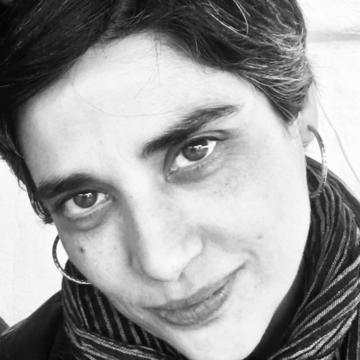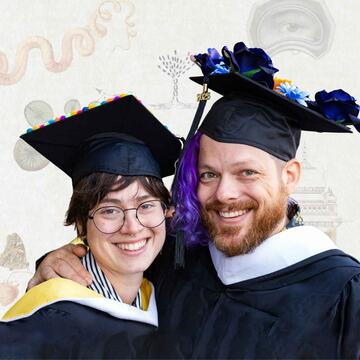
Targol Mesbah
Associate Professor
Anthropology and Social Change
School of Consciousness and Transformation
Pronouns: she/her
Email: tmesbah@ciis.edu
Phone: 415.575.3412
Research Interests
Critical Theory, Media Studies
Biography
I was born and raised in Tehran, Iran and immigrated to the United States with my family during the Iran-Iraq war of the 1980s. My research seeks to discern the social, psychic and material relations that shape the experience of wars and how the aftermaths of wars shape the everyday possibilities of living, knowing, loving and dying. Michel Foucault’s writings on the analytics of power as capillary movement help me articulate the creative possibilities of power in resisting war-like relations of domination. The Zapatista movement’s political theory and practice of building autonomous communities, councils, and schools, in order to build a world in which many worlds fit ground my living, learning, and teaching in times of ever-intensifying environmental destruction, political violence and displacement of human and nonhuman populations. I am currently researching the aftermaths of radioactive contamination of soil, water and air, from uranium mining in the U.S. Southwest and the U.S. deployment of depleted uranium weaponry in the Middle East within the nuclear chain of production and the entanglements of militarism, colonialism and capitalism. I teach critical and postcolonial theory, film, and media studies, and experiment in creating non-coercive spaces of learning and translation in and outside the university.
